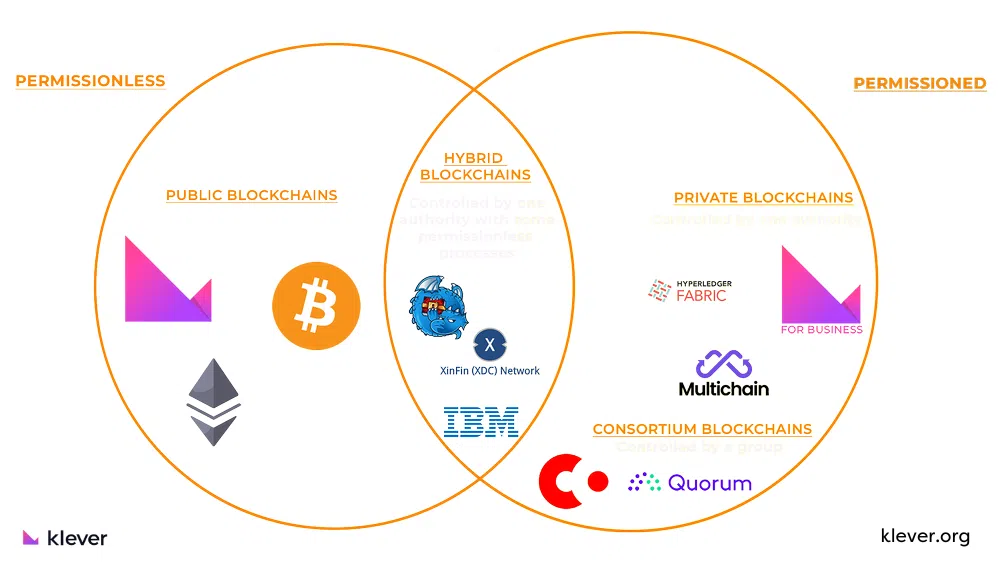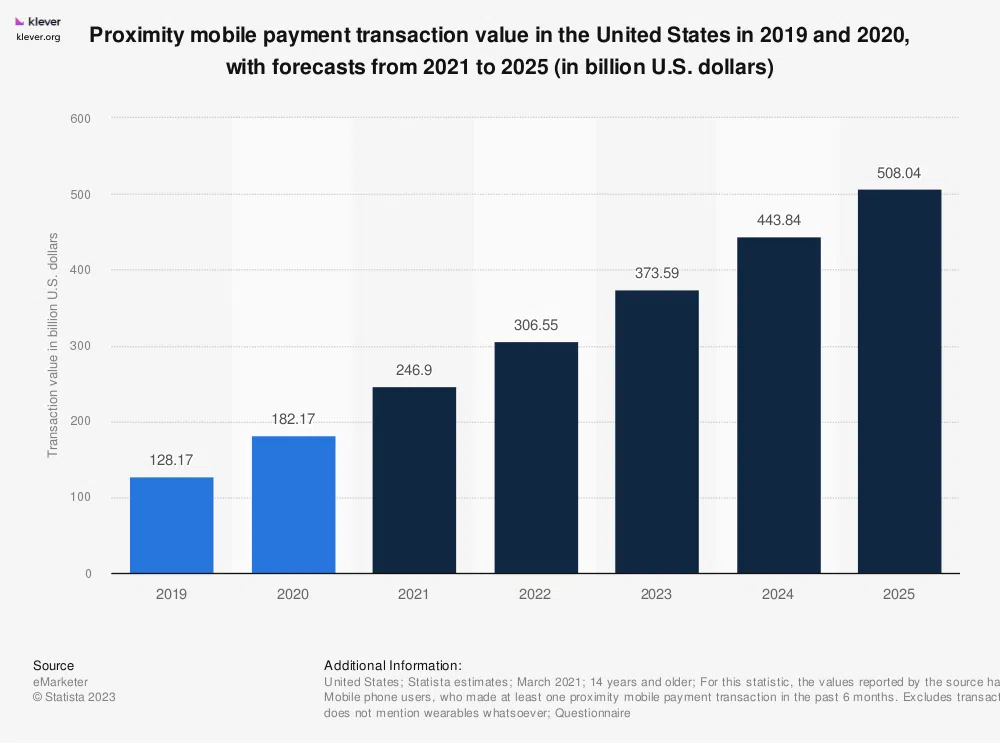Blockchain technology is transforming the digital landscape with various types, including public, private, consortium, and hybrid blockchains. Understanding these blockchain basics helps navigate their diverse applications. Discover how Klever Blockchain integrates these elements for innovative solutions.
 Blockchain: it’s a buzzword you’ve probably heard, but what does it really mean? Imagine a digital ledger, a distributed diary spread across thousands of computers worldwide. This ledger is the heart of blockchain technology, a revolutionary system reshaping the digital world. It’s a diary that’s locked, yet transparent enough for you to see what’s written inside. Intrigued about blockchain basics? Buckle up, because we’re about to take a thrilling ride into the universe of blockchain.
Blockchain: it’s a buzzword you’ve probably heard, but what does it really mean? Imagine a digital ledger, a distributed diary spread across thousands of computers worldwide. This ledger is the heart of blockchain technology, a revolutionary system reshaping the digital world. It’s a diary that’s locked, yet transparent enough for you to see what’s written inside. Intrigued about blockchain basics? Buckle up, because we’re about to take a thrilling ride into the universe of blockchain.
Permissionless vs. Permissioned Blockchains
As we journey further into the universe of blockchain technology, we encounter a fascinating cosmos marked by diversity and innovation. Here, one size does not fit all. Different types of blockchains have emerged, each tailored to meet unique needs and applications.
Permissionless Blockchains are like a bustling city square; indeed, anyone and everyone can join in. They’re open to all, thus allowing anyone with an internet connection to participate in the network, validate transactions, and create new blocks.
On the flip side, Permissioned Blockchains are more like an exclusive club. Entry is only granted to those with the proper credentials. Specifically, they operate within a closed network, and only authorized participants can validate transactions and create new blocks.
But why knowing the differences between Permissionless and Permissioned Blockchains is so important? Because it’s the first step to understanding the four types of blockchains that cater to specific needs and applications.
Let’s dive in?
The 4 Types of This Technology
Public Blockchain
Public blockchains are open to anyone who wishes to participate. Moreover, they are decentralized and transparent, meaning anyone with an internet connection can join the network, validate transactions, and even participate in creating new blocks. Additionally, these blockchains are secure and offer a high level of transparency.
With the evolution of consensus mechanisms like PoS (Proof of Stake) and DPoS (Delegated Proof of Stake), solutions are becoming even more sophisticated, addressing scalability and energy efficiency challenges.
Examples
Examples of public blockchains include Bitcoin, Ethereum, and Klever Blockchain.
Private Blockchain
Private blockchains, also known as permissioned blockchains, operate within a closed network under the control of a single entity. These blockchains are typically used within a single organization where the organization has control over who can participate in the network, validate transactions, and create new blocks; these blockchains offer a higher level of privacy and efficiency than public blockchains.
Examples
Examples include Multichain, Hyperledger Fabric and Klever for Business.
Hybrid Blockchain
Hybrid blockchains combine the features of both public and private blockchains. They allow the network to decide who can participate, validate transactions, and create new blocks while allowing certain data to be public. These types of blockchains offer a balance between the transparency of public blockchains and the privacy of private blockchains.
Examples
Examples of hybrid blockchains include Dragonchain, XinFin and IBM Blockchain.
Consortium Blockchain
Consortium blockchains, also known as federated blockchains, are controlled by a group of organizations rather than a single organization. They operate under the leadership of a group where only a specific set of blockchain nodes are allowed to validate transactions. These types of blockchains are beneficial for business collaborations where all participants need to have control over the network.
Examples
Examples include Quorum (developed by J.P. Morgan) and R3 Corda.
Blockchain facts
Alright, let’s cut to the chase. Blockchain technology isn’t just some fad – it’s the real deal. In fact, by 2024, we’re looking at a whopping $19 billion poured into blockchain solutions worldwide. Consequently, that’s not just a significant number; it’s a testament to blockchain’s game-changing potential.
Proximity mobile payment transaction value in the US in 2019 and 2020, with forecasts from 2021 to 2025 (in billion U.S. dollars) – Statista 2023
Klever Blockchain: The Future of Technology
Now, let’s talk about Klever Blockchain. It’s not just another name in the crowd. It’s a trailblazer, offering a unique blend of public and private blockchain elements. Whether you need secure transactions, smart contracts, or scalable network solutions, Klever Blockchain covers all your needs.
So, as we stand on the cusp of a blockchain revolution, it’s time to sit up and take notice.
Don’t just read about it—get involved. Indeed, dive into the universe of blockchain technology, and discover what platforms like Klever Blockchain can do for you.